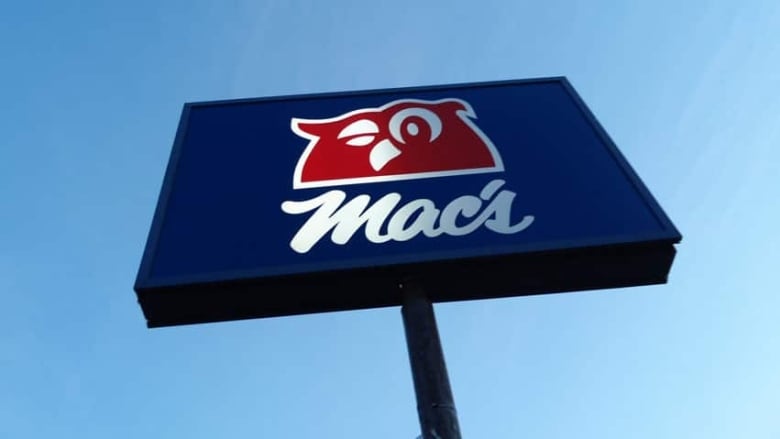Mac's plans expansion — but only if alcohol sales permitted
Convenience stores selling booze brings competition to Ontario, says Mac's

Mac's Convenience Stores Inc. is promising to invest $54 million to build 27 new convenience stores in Ontario if convenience stores are granted the right to sell alcohol in the province.
"(The new stores) will provide some much needed competition to the government monopoly and private sector cartel that currently control alcohol sales in this province," Tom Moher, vice-president of operations of the central Canada division of Mac's, said on Monday.
The chain — owned by Alimentation Couche-Tard — made a pitch for selling booze in a speech to the Toronto Region Board of Trade on Monday.
Moher estimated the expansion would create up to 170 full-time jobs and each store would cost about $2 million to build. That's on top of the 1,600 full-time jobs that Mac's previously promised to create at its existing stores if it's allowed to sell booze.
Moher also hinted that allowing convenience stores to sell booze could knock down the price of alcohol.
"Any time you increase the opportunity for competition, you're always going to end up with an opportunity to have some reduced pricing," Moher told reporters following his speech.
But a spokesman for the Beer Store, a privately-owned retailer that accounts for up to 90 per cent of beer sales in Ontario, said there could also be job losses and price hikes.
"In that type of an environment ... it's pretty tough to envision a situation where the Beer Store continues to exist," said spokesman Jeff Newton, who is also the president of Canada's National Brewers.
"There's potential for significant job loss, and the jobs at the Beer Store are union jobs with good wages and benefits."
Newton also said it's unlikely that the price of beer would go down as cost of a larger distribution system would likely to be passed on to consumers.
"You may have more points of sale but you'll be paying more and the selection of products available will be way smaller," Newton said.
Moher said he is becoming more optimistic that the Ontario government will allow convenience stores to sell alcohol in the "not-so-distant future."
"The province continues to be open to the dialogue and discussion, so that's very encouraging," Moher told reporters after his speech.
Ontario Premier Kathleen Wynne said in June that the government is not considering the prospect of booze sales in convenience stores. Her announcement came after Finance Minister Charles Sousa said he wouldn't rule out allowing the stores to sell alcohol.
However, Sousa also said there are no plans to change the structure of the Liquor Control Board of Ontario — one of the largest purchasers and retailers of alcohol in the world — which turned over $1.65 billion to the province last year.
On Monday, a spokeswoman for Sousa said the government's position has not changed.
Susie Heath said in an email that the the Liquor Control Board of Ontario — a Crown corporation — generated $1.7 billion in revenue last year, which helped to pay for services such as health care and education.
"Our government believes that Ontarians are well-served by the current alcohol retail system," said Heath.
The new stores would be built in Toronto, Brampton, Grey Bruce County, London, Ottawa, the District Municipality of Muskoka and other locations within two years if allowed to sell alcohol, Moher said.
A study commissioned by the Ontario Convenience Stores Association found that the provincial government would receive more revenue if alcohol sales were permitted in convenience stores. Other jurisdictions in Canada, such as Quebec, which also has a provincial liquor stores, already allow such sales.